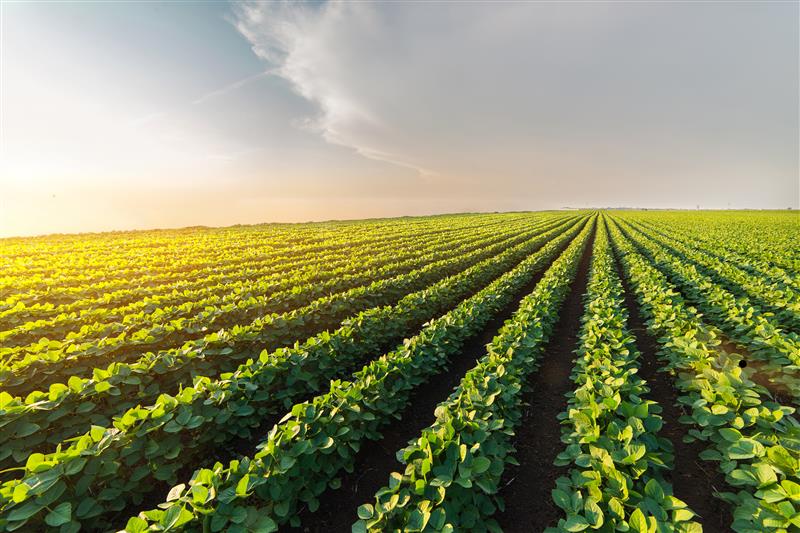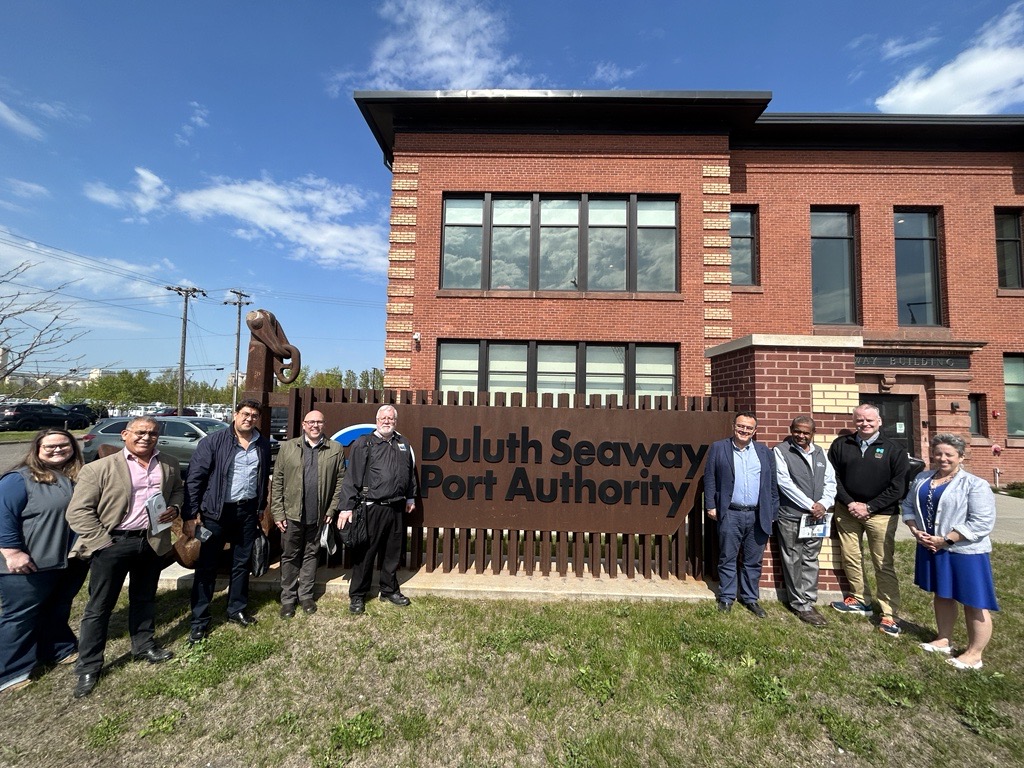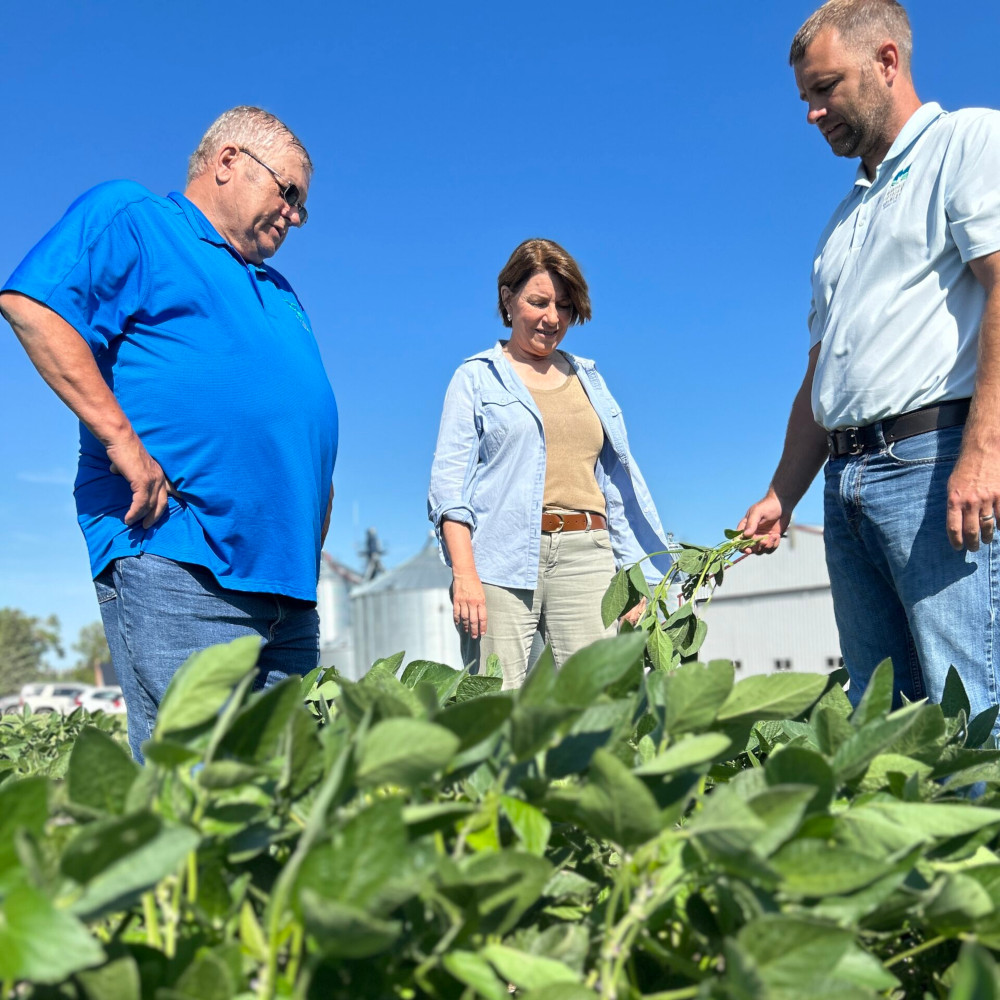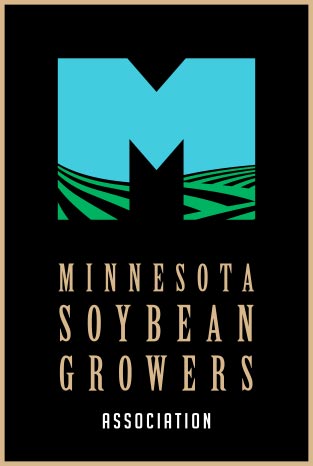Biodiesel
Biodiesel
For more than two decades, Minnesota has stayed ahead of the biofuels curve. While demand continues growing, biodiesel in Minnesota adds more than $1 to the value of every bushel of soybeans and contributes nearly $1.7 billion toward the state’s economy while also reducing our carbon footprint. MSGA works hard each session to build bipartisan support, ensuring biofuels are protected and given a chance to thrive in the marketplace.
In 2025, MSGA continues stressing to elected officials and the Walz administration that biodiesel is providing timely solutions, both economically and environmentally – right here, right now. MSGA is also underscoring the need for Low Carbon Fuel Standard policies that promote biodiesel, which has been proven to reduce carbon for 20 years. Additionally, MSGA will further advocate biodiesel as part of the growing sustainable aviation market, which is dependent upon ag-based fuels to lower carbon emissions.


Taxes
While MSGA has successfully advocated for tax reform in recent years, there’s still more work to be done at the Capitol in St. Paul. MSGA continues underscoring the need to ease the tax burden shouldered by Minnesota farmers. By simplifying the tax code, we can help assist the next generation of farmers in land transition and help rural economies throughout greater Minnesota.
In 2025, MSGA is taking the next steps in advocating for tax reforms that help rural economies prosper.

Deer Depredation
In 2023, MSGA sought a bill that would provide assistance for Minnesota farmers whose fields and feed storage areas have been decimated by deer. Farmers from across the state have reported substantial yield losses and damages totaling tens of thousands of dollars.
Unfortunately, this legislation didn’t pass. But MSGA’s lobbyists and farmer directors will continue working with lawmakers and Department of Natural Resources leaders to underscore the need to continue addressing the problem. We’re also seeking aid for affected farmers and resources for preventing animal disease outbreaks, similar to programs the DNR created for producers whose fields have been damaged by wolves and elk.
Protecting Crop Inputs
The cost of production continues rising for Minnesota farmers. Growers need all the tools at their disposal to safeguard against yield-robbing pests and diseases. MSGA will work with lawmakers to protect crop inputs and prevent any unnecessary restrictions on the use of agriculture chemicals.
In past sessions, MSGA ensured that farmers weren’t saddled with unnecessary pesticide fee increases. We also joined the farm community and other ag groups in preventing the passage of legislation that would have allowed cities to enact their own pesticide regulations. In 2024, MSGA helped prevent additional seed treatment regulations. Once again, MSGA will have an active presence at the Capitol to voice opposition to any similar bills offered this session.

Transportation & Rural Infrastructure
With the potential for a bonding bill in place, MSGA is encouraging elected officials to support expanding rural infrastructure – roads, bridges, broadband, etc. – throughout greater Minnesota. Grower leaders will also advocate that farming communities receive the most bang for their buck by creating a robust system to handle heavier trucks and move our diverse ag economy forward.
Producers depend on transportation and modern infrastructure to move their products from the farm gate to the end user. MSGA continues promoting more grain exports via the Port of Duluth-Superior to markets in Europe and North Africa. MSGA will continue engaging with lawmakers on the importance of diversifying agriculture supply chains and incentivizing new routes to bring our goods to market.


Keeping Farmers on the Land
Land pressures from legislation passed will continue to drive farmland values up, making it harder for young and emerging farmers to gain access – and for existing farmers to maintain operations. MSGA strives to keep farmers farming on the land for generations to come and defend against unfavorable regulations that would harm farm families.



